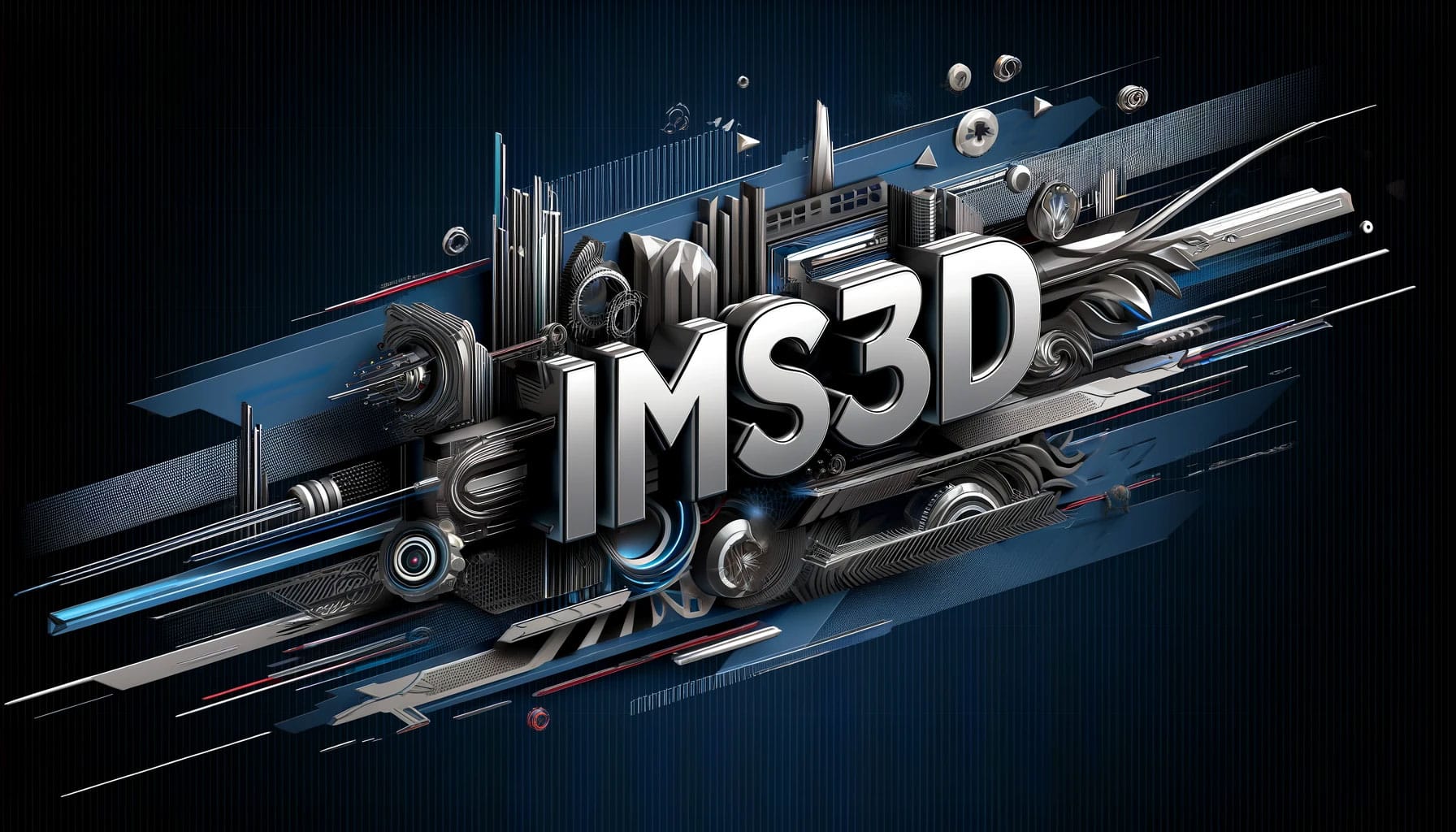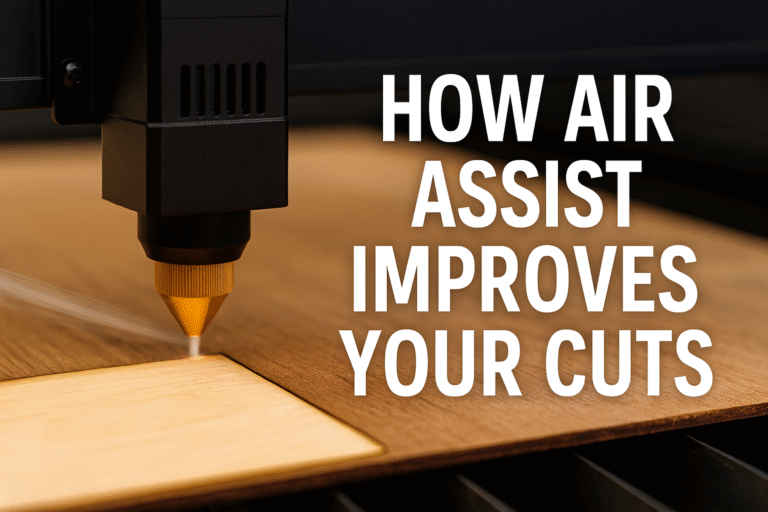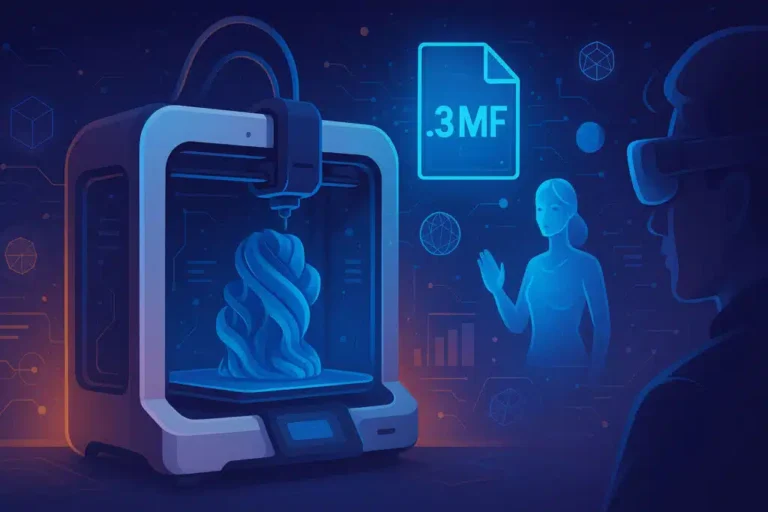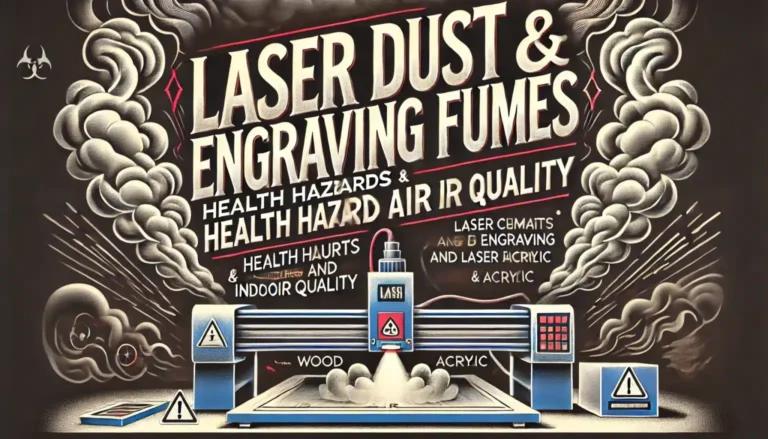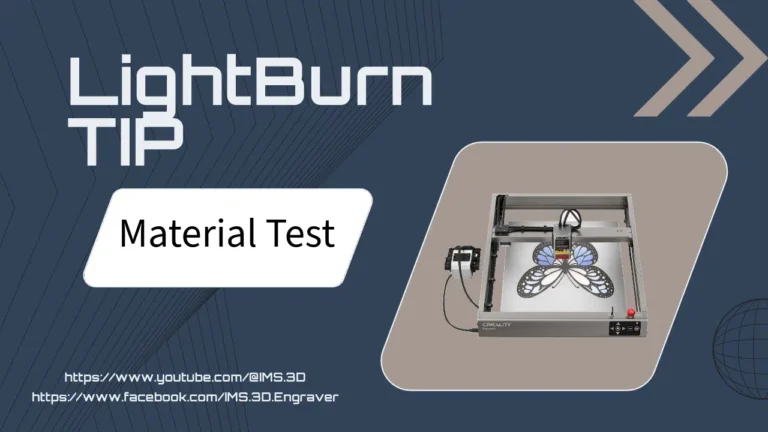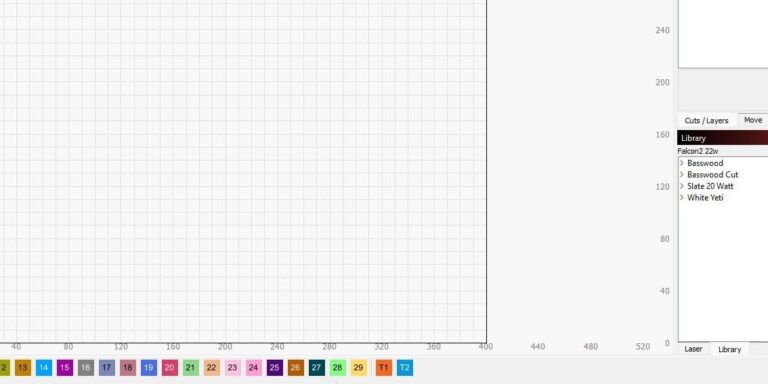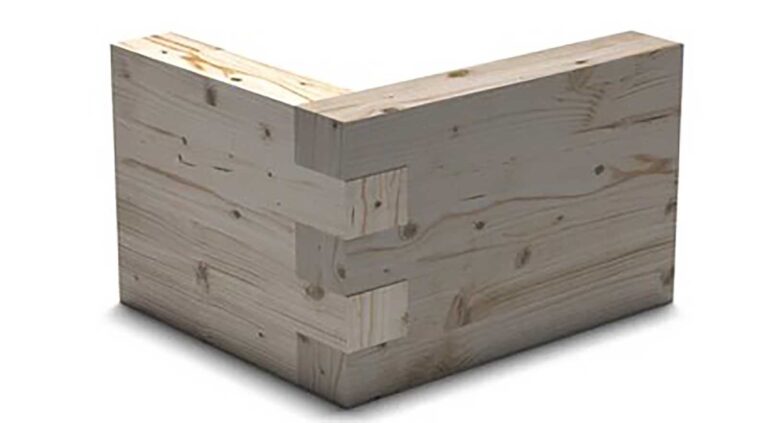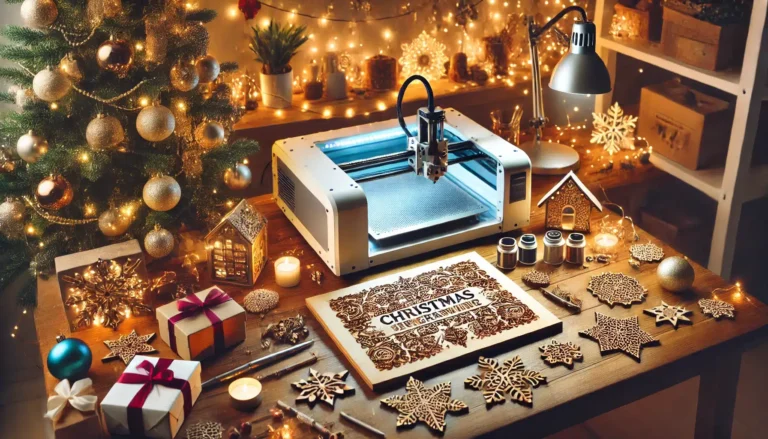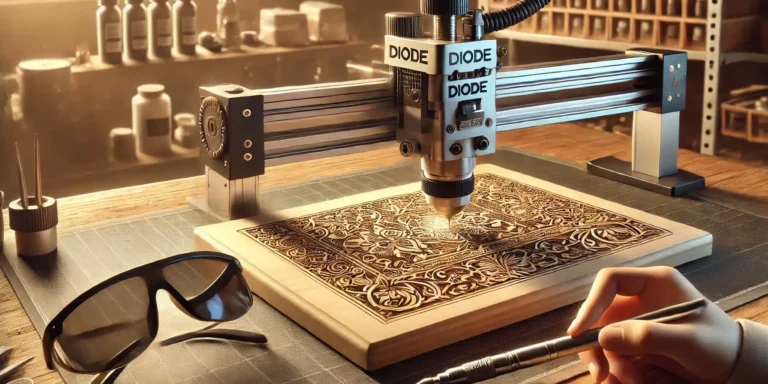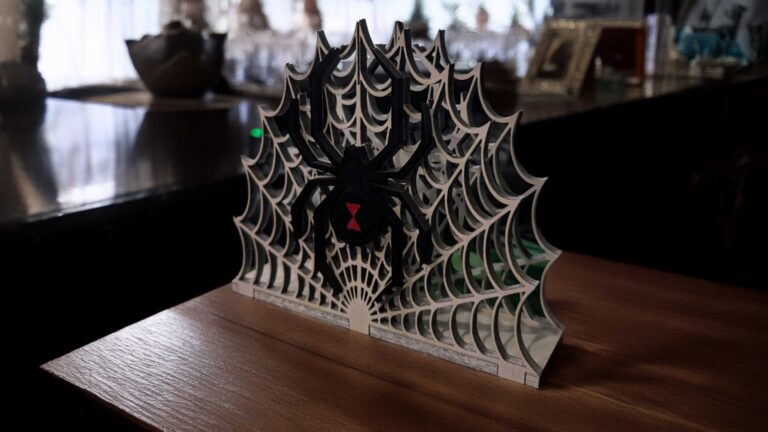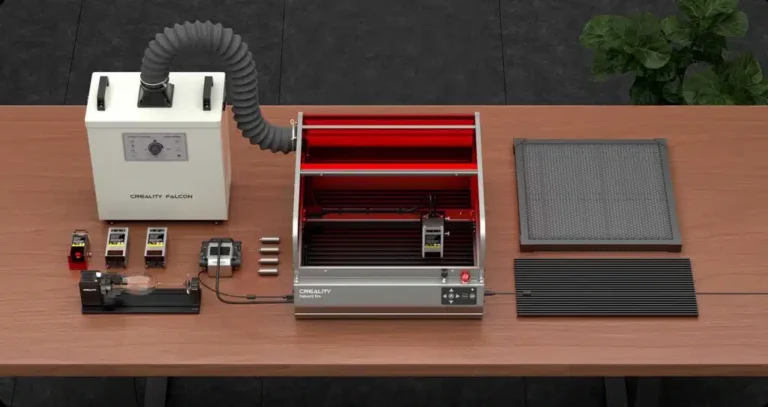The Top 5 5015 Cooling Blowers for 3D Printing in 2024.
For those dedicated to 3D printing, understanding the importance of effective cooling is essential for producing high-quality prints. Inadequate cooling can result in issues such as stringing, warping, or even complete print failures. This is where 5015 blowers become invaluable. These compact yet powerful fans are engineered to maintain optimal temperatures for both the hot end and the printed part, leading to superior print quality.
In this article, we will explore the Top 5 5015 Cooling Blowers for 3D Printing, focusing on their performance, durability, and cost-effectiveness, enabling you to select the best option for your setup. Whether you are a novice or a seasoned printer, choosing the right 5015 blower can significantly enhance your printing results.
Essential Factors to Consider When Purchasing a 5015 Blower
Before diving into the top 5015 blowers, there are several key factors to consider to ensure you select the most suitable one for your 3D printer.
Airflow (CFM): The cubic feet per minute (CFM) rating is a crucial aspect of cooling, indicating the volume of air the blower can circulate. Generally, a higher CFM translates to improved cooling efficiency, but it is important to find a balance.
Noise Level (dB): Some blowers can produce significant noise. While performance is vital, if you are operating in a home or office setting, it may be beneficial to choose a blower that operates quietly to avoid disturbances.
Durability and Lifespan: A robust and durable blower will provide longer-lasting and consistent performance. Brushless motors typically have a longer lifespan than their counterparts, ensuring your 3D printing tasks run smoothly for extended periods.
Power Supply Compatibility: Ensure that the blower is compatible with your 3D printer’s power supply. Some printers operate on 12V, while others require 24V. Matching the voltage correctly is essential to prevent potential damage to the fan or the printer itself.
1. Gdstime GDB5015 – Best Price/Performance
If you’re looking for a budget-friendly blower without sacrificing too much performance, the Gdstime GDB5015 is your best bet. This blower is a great option for anyone just getting started with 3D printing or for those on a tight budget.
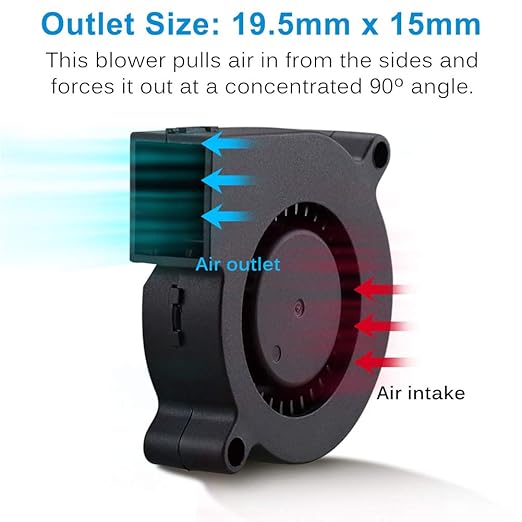
Technical Characteristics:
- Airflow: 4.55 CFM
- Noise: 29 dB
- Voltage: 12V
- Lifespan: Around 30,000 hours
- Dimensions: 50x50x15mm
This blower may not have the most powerful airflow, but it strikes a nice balance between price and performance. Plus, it’s widely available, making replacements easy if needed.
Pros:
- Inexpensive, great for beginners
- Low noise levels
- Reliable for the price
Cons:
- Lower airflow compared to other models
- Not the most durable option
2. Delta BFB0524HH – Balanced Performance
Next up is the Delta BFB0524HH, known for its balanced performance in terms of power, airflow, and noise. It’s a step up in terms of durability and CFM, making it a solid mid-range choice for more demanding users.

Technical Characteristics:
- Airflow: 6.5 CFM
- Noise: 35 dB
- Voltage: 24V
- Lifespan: 50,000 hours
- Dimensions: 50x50x15mm
The Delta BFB0524HH is particularly popular among users who require a long-lasting blower that can handle longer print jobs without overheating. Its higher CFM rating allows for more effective cooling, which is ideal for complex prints.
Pros:
- Higher airflow, perfect for bigger projects
- Excellent durability
- Good balance of performance and noise
Cons:
- Slightly louder than some budget models
- Costs more than entry-level blowers
3. Sunon Maglev MF50152VX-1L02C-A99 – Best Quality and Lifespan
If you’re looking for a blower with premium build quality and excellent longevity, the Sunon Maglev MF50152VX is hands down one of the best options available. Sunon is known for manufacturing high-quality fans, and this 5015 blower is no exception.

Technical Characteristics:
- Airflow: 7.2 CFM
- Noise: 31 dB
- Voltage: 12V
- Lifespan: 70,000 hours
- Dimensions: 50x50x15mm
One of the standout features of this blower is its Maglev technology, which reduces wear and tear on the internal components, significantly extending its lifespan. While it does come with a higher price tag, the performance and reliability make it well worth the investment for serious hobbyists and professionals.
Pros:
- Best-in-class lifespan thanks to Maglev technology
- Higher CFM for efficient cooling
- Quiet operation despite powerful airflow
Cons:
- More expensive than most 5015 blowers
- Not necessary for basic print jobs
4. Winsinn 5015 Blower – Best for Quiet Operation
The Winsinn 5015 is a solid option for those who need a quieter solution. While it’s not as powerful as some of the other blowers on this list, its silent operation makes it perfect for home office setups where noise levels matter.
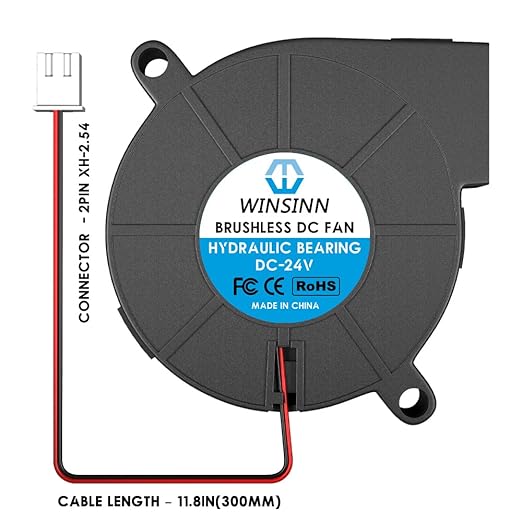
Technical Characteristics:
- Airflow: 5.2 CFM
- Noise: 26 dB
- Voltage: 12V
- Lifespan: 35,000 hours
- Dimensions: 50x50x15mm
While not the most powerful in terms of airflow, this blower is one of the quietest, making it ideal for users who print at night or in shared spaces. Winsinn also offers both 12V and 24V versions, making it compatible with a wider range of printers.
Pros:
- Ultra-quiet operation
- Available in both 12V and 24V versions
- Affordable for the performance
Cons:
- Lower CFM may not be sufficient for large prints
- Average lifespan compared to others
5. MakerFocus 5015 Blower – Best for Budget Builds
The MakerFocus 5015 Blower is another solid budget option for those just getting into 3D printing. While it doesn’t pack the power of higher-end blowers, it gets the job done for smaller or simpler prints.
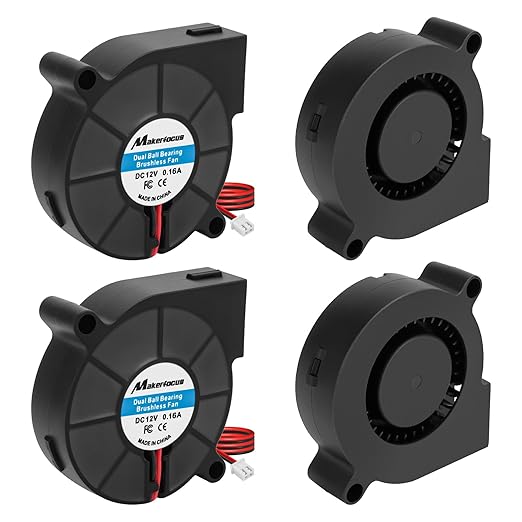
Technical Characteristics:
- Airflow: 4.8 CFM
- Noise: 30 dB
- Voltage: 24V
- Lifespan: 25,000 hours
- Dimensions: 50x50x15mm
This blower is great if you’re working on smaller prints or don’t need an excessive amount of cooling. It’s reliable, affordable, and perfect for casual 3D printers.
Pros:
- Very budget-friendly
- Decent airflow for the price
- Low power consumption
Cons:
- Shorter lifespan
- Not as efficient for larger, high-detail prints
FAQ: Common Questions About 5015 Blowers for 3D Printing
Q: Do I need a 5015 blower for my 3D printer? A: While not always necessary, 5015 blowers can significantly improve print quality by offering more targeted cooling, reducing stringing and warping on more detailed prints.
Q: Can I use any 5015 blower with my printer? A: No, you need to ensure that the blower you purchase matches your printer’s voltage (12V or 24V). Using the wrong voltage can cause damage.
Q: How do I install a 5015 blower? A: Most 5015 blowers can be mounted easily with the right bracket. You’ll typically need to splice the wires or use a compatible connector depending on your printer model.
Final Thoughts: Picking the Right 5015 Blower for You
Choosing the best 5015 blower for your 3D printer boils down to what you value most—whether it’s price, performance, or longevity. For beginners, the Gdstime GDB5015 offers a budget-friendly start, while more advanced users might find the Sunon Maglev MF50152VX worth the extra investment for its superior lifespan and performance.
In the end, the best blower for you depends on your specific printing needs and how much you’re willing to invest in cooling performance. With one of these top-rated blowers, you’ll be well on your way to creating cleaner, higher-quality prints.
